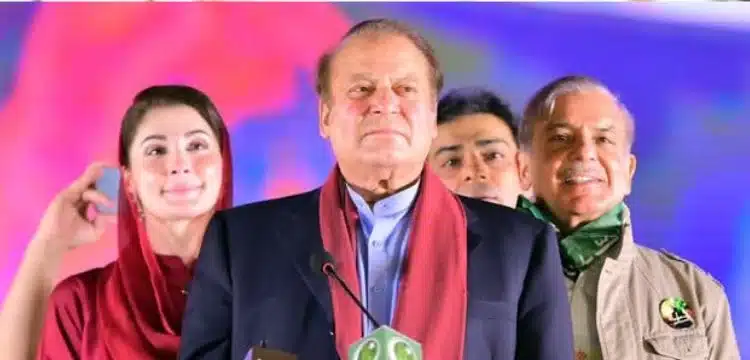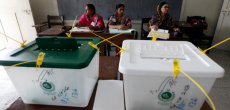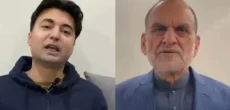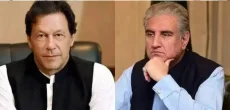[vc_row][vc_column][vc_column_text dp_text_size=”size-4″]Amid the fervor of Pakistan’s election campaign, the Pakistan Muslim League-Nawaz (PML-N) encounters challenges in the digital sphere, trailing behind the Pakistan Tehreek-e-Insaf (PTI) and the Pakistan Peoples Party (PPP) on social media platforms.
On influential platforms like Twitter, where political discussions thrive, PML-N struggles to gain prominence against the dominating presence of PTI. Despite concerted efforts, their hashtags fail to garner traction, with PTI’s #خان_کی_کال_پر_لبیک (On Khan’s word, Labbaik) and #نشان_بدلا_ہے_ایمان_نہی (Changing the symbol, not the faith) consistently ranking as the top trends.
Raed more : PMLNs Atta Tarar Praises Nawaz Sharif for Leading Pakistan Out of Crisis
Analysts attribute PTI’s success to a robust social media strategy that effectively amplifies their messaging and engages their base. In contrast, PML-N faces criticism for the perceived inefficiency of their social media teams and digital agencies. Despite acknowledging the importance of an online presence, PML-N’s efforts have fallen short of resonating with the electorate.
Furthermore, PPP’s strategic use of platforms like YouTube has widened the gap for PML-N. With over 900 million Pakistanis on the video-sharing platform, PPP’s focus on YouTube campaigning has proven effective. Their engaging content and targeted approach have enabled them to connect with a broader audience, strengthening their electoral prospects.
Observers suggest that PML-N’s apparent complacency may stem from misplaced confidence in their traditional support base or a belief that victory can be secured without extensive campaigning. However, in the volatile landscape of Pakistani politics, such assumptions can prove costly.
As the election approaches, PML-N faces mounting pressure to overhaul its digital strategy and narrow the gap with rivals. Failure to do so risks further marginalization in the digital realm and could undermine their electoral prospects. With the increasing significance of online influence, PML-N must swiftly adapt to the evolving dynamics of political communication to remain competitive in the upcoming elections.[/vc_column_text][/vc_column][/vc_row]











